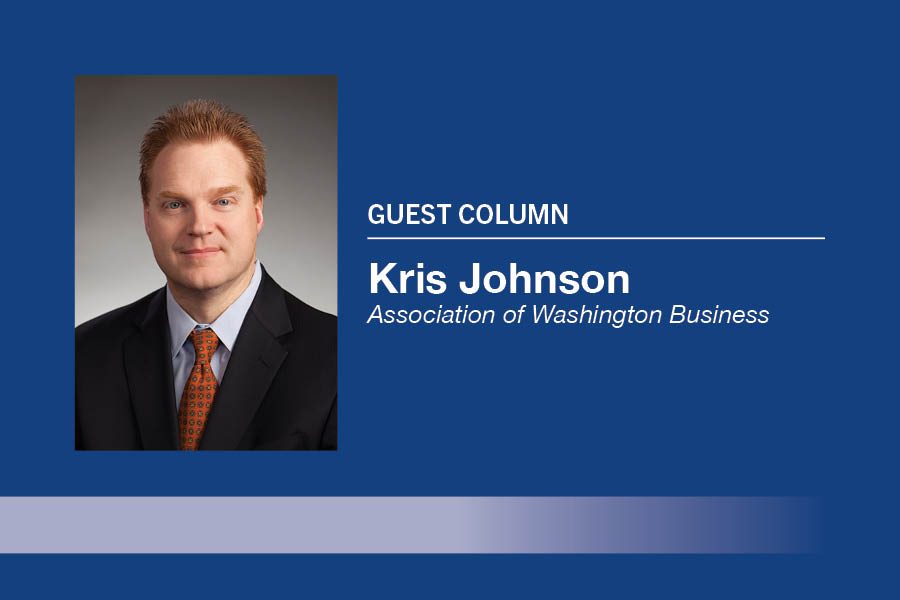
Home » Washington needs a pro-growth agenda without new taxes
2025 Legislature
Washington needs a pro-growth agenda without new taxes

January 16, 2025
Washington lawmakers begin the 2025 legislative session facing something many of them have not experienced during their time in office – a sizable budget gap. The last time the state was in this position was during the Great Recession, long before many current legislators were elected.
There are, of course, big differences between the scenario lawmakers are facing now compared to the crisis triggered by a global financial crisis. Perhaps the biggest one is that the current budget gap is not a surprise nor the result of an external event. Rather, lawmakers chose to spend more money than the state expected to receive in tax revenue, leading – predictably and inevitably – to a shortfall.
When families face this kind of budget challenge, they are forced to sit down at the kitchen table and make hard choices about where to cut spending. But some lawmakers are looking at tax increases as a solution to the problem they created, with many of the tax proposals directed at employers. That would be a mistake.
Raising taxes now would only make it more difficult for businesses to compete with other states and regions, and more difficult for many of the state’s smallest businesses to survive. Although some sectors of Washington’s economy are doing well, we shouldn’t ignore the fact that many small businesses and middle-class families are falling behind after years of high inflation and rising costs.
In the last year, employment at Washington small businesses dropped 1.3%, according to the Intuit QuickBooks Small Business Index. Since 2022, employment at small businesses (defined as nine or fewer employees) has declined by 14,600.
And in a recent survey conducted by the Association of Washington Business, nearly a quarter of Washington employers with 10 or fewer employees said either they are experiencing a downturn, or their business is struggling to survive.
These data points may be an early-warning sign of broader economic challenges, and they make it clear that now is not the time to make it more complicated and expensive to run a business in our state.
It’s time – past time, really – for lawmakers to be champions for the economy, to support Washington employers and to adopt a pro-growth policy agenda.
That means growing the economy by growing the tax base rather than the tax rate. Making progress on the state’s goal of doubling manufacturing by passing a research and development tax incentive. Recognizing that Washington needs more energy, not less. It’s time for a plan to significantly grow our energy generation.
It means making progress on addressing the state’s housing crisis, and not going backward by adopting higher real estate taxes and other cost-drivers. It means educating the next generation and strengthening the state’s transportation infrastructure.
And it means avoiding measures that will raise costs, like expanding unemployment insurance benefits to workers who choose to go on strike, expanding the paid family and medical leave program and raising the minimum wage.
Despite the differences between the current budget shortfall and the last major gap, there are some lessons to be learned from history. In 2008, Gov. Chris Gregoire chose to freeze pay raises for state employees in response to the budget challenge. In 2002, Gov. Gary Locke took similar measures when he proposed a budget that closed a $2.4 billion budget hole without raising taxes.
For many of today’s lawmakers, the budget gap confronting them this year is new territory. But history shows that new, higher taxes don’t have to be the solution. Let’s focus on creating a plan to grow the economy, not tax it more.
Kris Johnson is president of the Association of Washington Business, the state’s chamber of commerce and manufacturers association.
Taxes Opinion
Related Articles
Related Products




